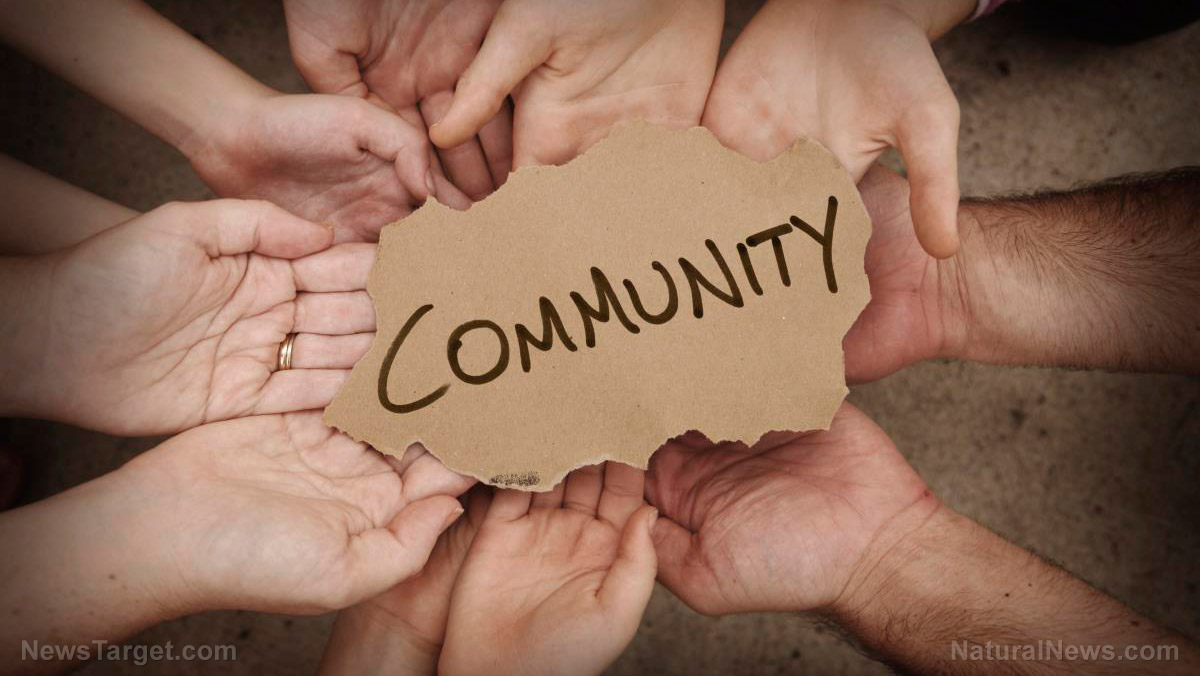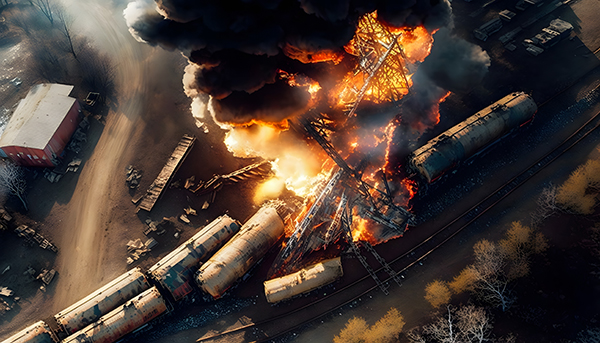
The usual misconception about "prepping" is that it's the practice of preparing for a "zombie apocalypse" or other outlandish disaster. If you're an avid prepper, you may have, on some occasions, received a certain look from your neighbors when you try to convince them of the importance of preparing for threats that could befall the community. But at its core, prepping teaches you how to deal with commonly occurring disasters like floods and earthquakes, as well as potentially life-disrupting events like economical collapse and civil unrest.
So how exactly can you convince your neighbors to start prepping to ensure everybody's survival when SHTF? (h/t to BackdoorSurvival.com)
Recruiting your neighbors to get involved in disaster preparedness
Convincing people outside of your immediate family to get into the habit of prepping is no easy task. You may be tempted to just focus on ensuring the safety and survival of your own family and yourself when disaster strikes and stop wasting energy trying to talk others into joining you. But the reality is that people need entire communities to survive and thrive. Civilizations came to be because humans worked together and formed communities out of necessity. This is why it's important to try and encourage your neighbors to get involved in disaster prepping.
Now talking your neighbors into prepping doesn't mean knocking on their doors to warn them of EMP attacks and nuclear meltdowns. That will most likely cement their bad impression of preppers. Here are some tips to get your community involved:
- Identify the most likely threat to occur in your area – List the most probable disasters that could happen in your area, like an earthquake or hurricane. In big cities, rioting, looting and even pandemics are likely candidates. Focus on these disasters when talking to your neighbors about safety measures.
- Determine existing emergency measures – There are government programs, such as Ready by the Department of Homeland Security and FEMA (Federal Emergency Management Agency), that educate people about potential disasters and how to deal with them. Becoming an active member of these programs may encourage your community to take part in disaster preparedness.
- Start with personal preparedness – Encourage your neighbors to start their prepping journey in their own households. Give them tips on how to pack their own bug-out bags with the basics, such as food, water and first aid supplies.
- Set community goals – Call a community meeting to set preparedness goals and a system of accountability. With this being the first disaster meeting, start it off with setting the tone, creating awareness and encouraging personal preparedness. As you set subsequent community meetings, you can gradually discuss the specifics of prepping, such as stockpiling supplies, budget prepping, handling medical emergencies and more.
The rewards of getting your neighbors into prepping
The more people you convince to start prepping, the more help everyone can receive when SHTF. Here are other reasons to get your neighbors involved in your survival plans:
- Your neighbors will be less likely to rely on you and the few others that did prepare beforehand when SHTF.
- A community of crisis-ready people will likely amass plenty of supplies and resources that a person can't possibly stockpile on his own. These supplies include weapons, ammo and perimeter defenses that will increase neighborhood security.
- A community will have people with different expertise and occupations, such as doctors, electricians, chefs, etc. The diverse skill set will come in handy when SHTF.
- There is safety in numbers. Looters may have a hard time picking out a target when the community bands together.
There are plenty of logical reasons to start prepping, especially in this day and age. Learn more about them at Preparedness.news and share them with your neighbors.
Sources include:
Please contact us for more information.




















